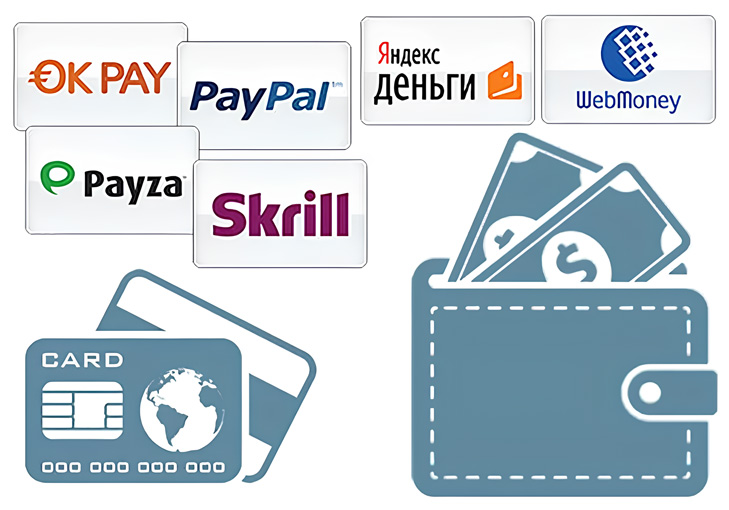Accounts abroad that the tax office will NOT have access to
It has already happened that storing money in bank accounts in CIS countries is quite unsafe, so many citizens prefer to open foreign accounts.

Some people care about the safety of their savings, while others try to hide income from the tax service in order to avoid paying taxes. But whatever the reasons, some do not want their home state to know about their accounts abroad.
But every year it becomes more and more difficult to keep a secret, so Ukraine has adopted a common CRS reporting standard, according to which the Ukrainian tax service will be able to find out what is stored on the deposits of citizens abroad.
What are the dangers of access to such information, and what consequences can it have for their owners?
The owners will also be required to report where the funds were received and whether they were obtained through criminal means.
In addition, there is a possibility of blocking the accounts of men who evade mobilization in Ukraine. The procedure is quite complicated, but quite feasible.
How to avoid showing your accounts abroad to the tax authorities?
In this situation, the most pressing question is: how to hide funds in foreign accounts from the tax service?
This is not difficult to do if you approach the problem creatively, and there are quite a few solution options:
We open an account with a broker - transfer funds from a bank account to one of the stock brokers , and then keep them on deposit with the brokerage company for as long as necessary.

Today, almost all brokers insure the funds of their clients, so the money is reliably protected in the event of bankruptcy of the brokerage company.
In addition, interest is charged on the deposit in the same way as when storing funds in a bank, and if you wish, you can invest capital in gold, stocks or bonds.
Brokers do not submit reports about their clients to the tax authorities and you can store an unlimited amount of funds here.
Accounts on crypto exchanges - this option is less reliable than the previous one, but still quite worthy of attention.

To implement it, you just need to register on one of the crypto exchanges, and then transfer money from the bank to your account.
Information about your accounts may only be shared with tax authorities if specifically requested. Depending on the residence, sometimes exchanges require a tax return.
Storage in payment systems - on electronic wallets, for example, Wise, WebMoney, Payoneer. This option is more suitable for short-term storage of funds, since money on these platforms is protected only by the honest word of their owners.

You may have questions when receiving large sums of money; supporting documents are usually requested if the transfer amount exceeds 10,000 euros.
In addition to the options listed, there are also cryptocurrency wallets, but this is a rather risky way to store money, especially if we are talking about large amounts. In addition to the risk of hacking, there is also a high risk for the cryptocurrency itself, which can depreciate at any moment.
